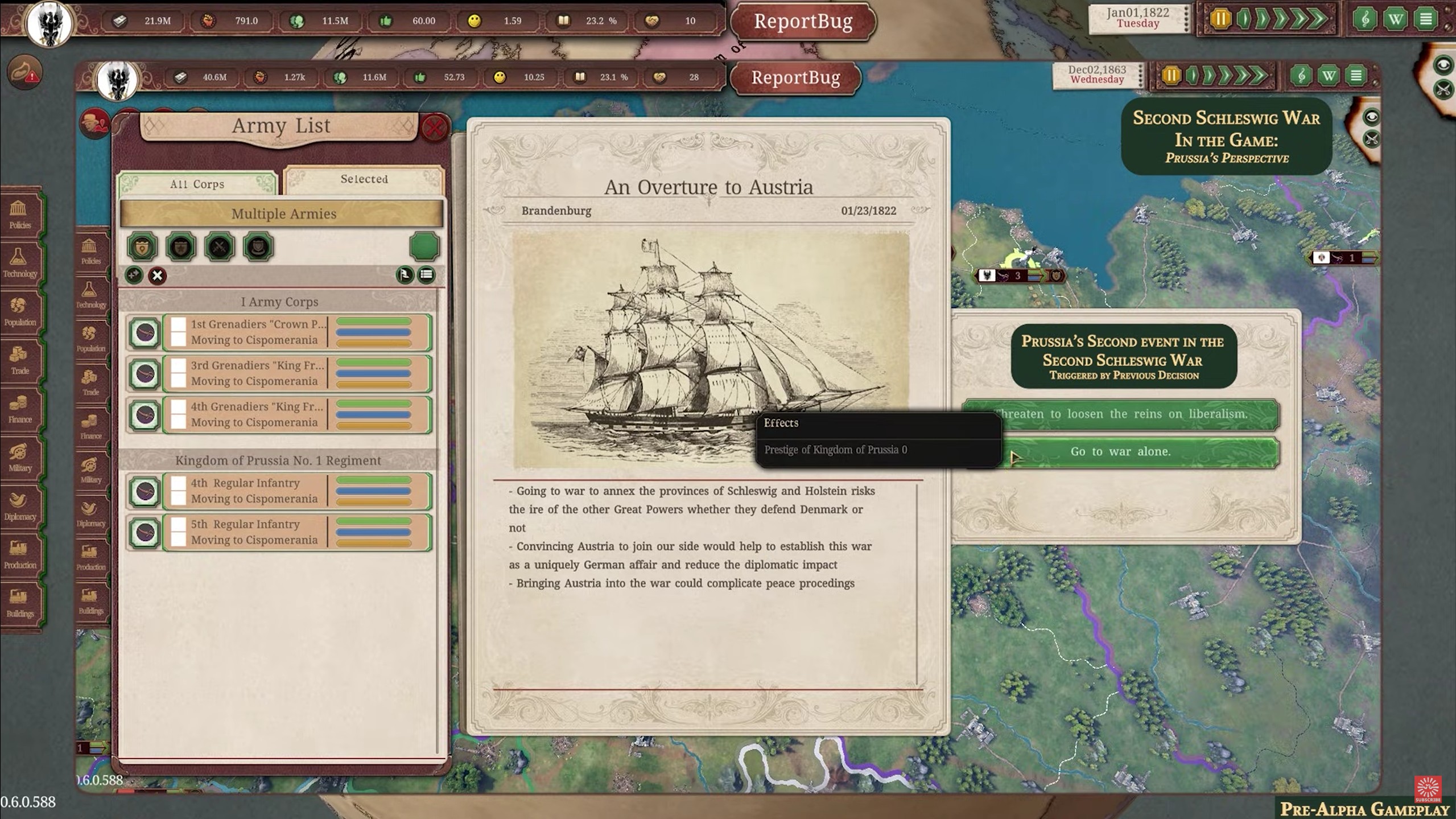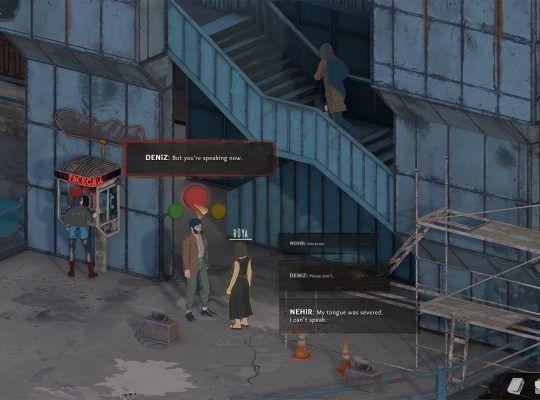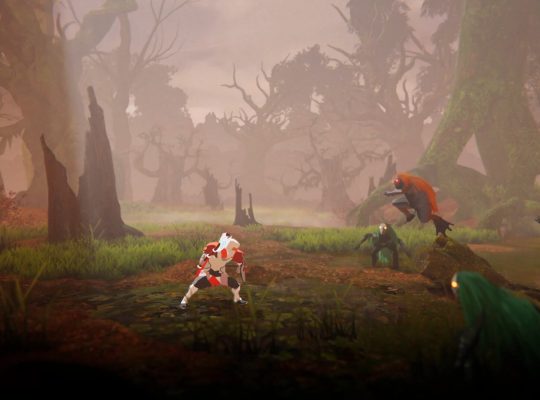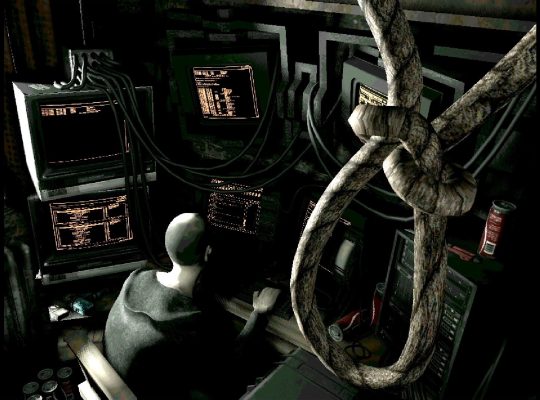Grand strategy game Gilded Destiny just recently released a new dev diary on their YouTube channel and producer Mark dove deeper into how they approach historical events in the game. This includes the overall design philosophy and how they model these events using the game systems. He also gave a peek into how these events are configured in the game editor. You can find this game on Steam.
“Our general approach to historical events is to allow players to experience them as they happened if they choose to do so. However, recreating every detail of history, from the micro to the macro, would make the game impossibly complex or unplayable. As a result, we sometimes rely on abstractions or creative workarounds to achieve the desired outcome”, Mark said and added:
“At the same time, we want players to have the freedom to diverge from history. After all, part of the fun of a historical game is the ability to rewrite it. This can happen through direct choices during events or through the broader geopolitical shifts that occur as a result of gameplay. For example, there’s no guarantee that a specific country will exist, own certain territories, or maintain particular alliances by a given date.”
To balance this, they designed events to be flexible enough to accommodate alternate historical scenarios. Mark here gives the example of Prussia’s 19th-century history, focusing on the Second Schleswig War and its consequences. The Schleswig-Holstein issue arose when Denmark’s claim to the region neared expiration. The First Schleswig War left the matter unresolved, as Prussia withdrew under pressure from the UK and Russia, resulting in a treaty that prevented full Danish integration of Schleswig-Holstein.
“In Gilded Destiny, we’ve modeled this event chain to reflect both historical accuracy and player agency. For example, we check whether Denmark still owns Schleswig-Holstein and remains a monarchy. If so, Denmark faces a choice: sign a constitution integrating Schleswig or face political turmoil. If Denmark chooses integration, Prussia can respond diplomatically or prepare for war”, Mark emphasized.
Prussia’s decisions ripple through the game. It can ally with Austria, offering them Holstein, or risk the rise of liberalism in the German states. The UK and Russia also get involved, deciding whether to support Denmark or stay neutral. These choices are weighted for the AI to generally follow historical paths, but players have the freedom to forge their own.
The event system also models the consequences of these decisions. Political opinions shift, populations react, and international standing changes based on the player’s actions. Even if Prussia loses the war or avoids conflict altogether, the game adapts. For instance, if Prussia and Austria don’t go to war over Schleswig-Holstein, tensions over other territories like Silesia could spark conflict.









